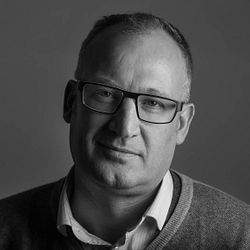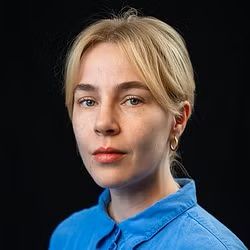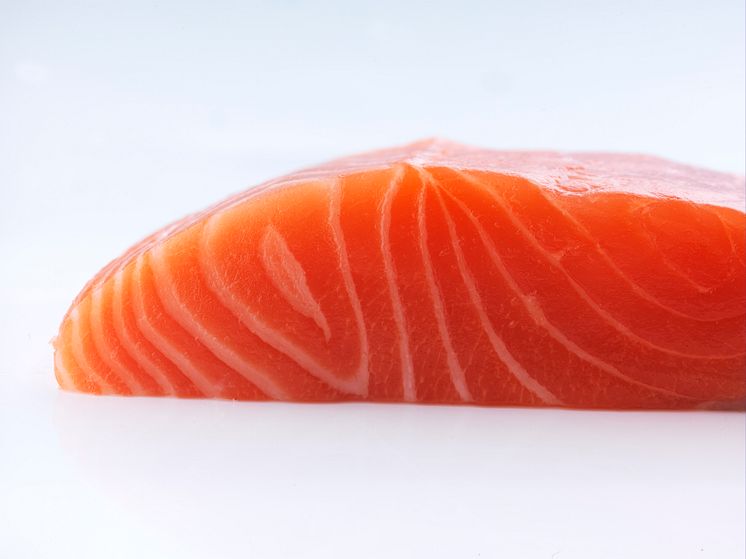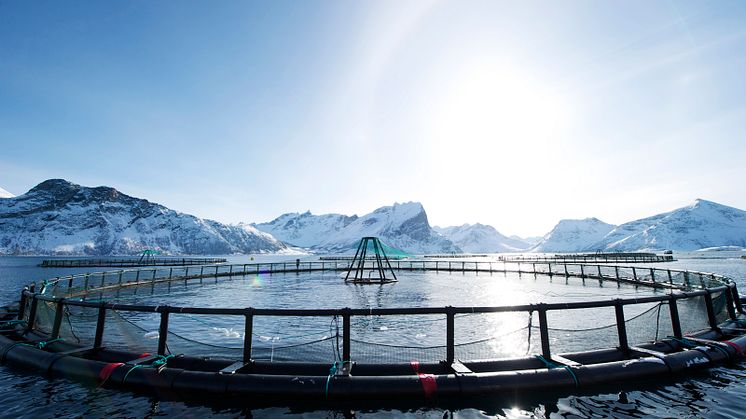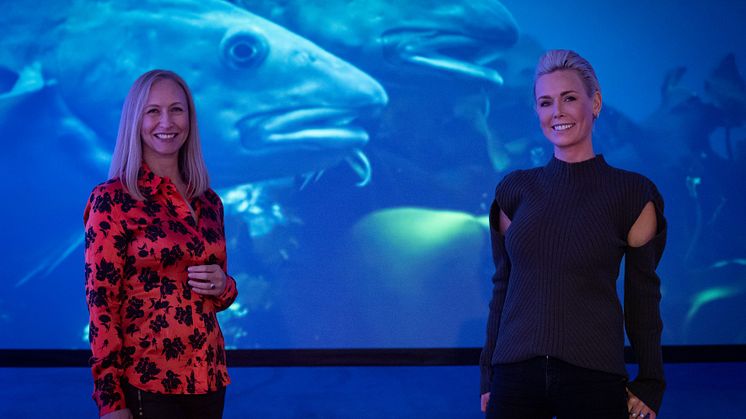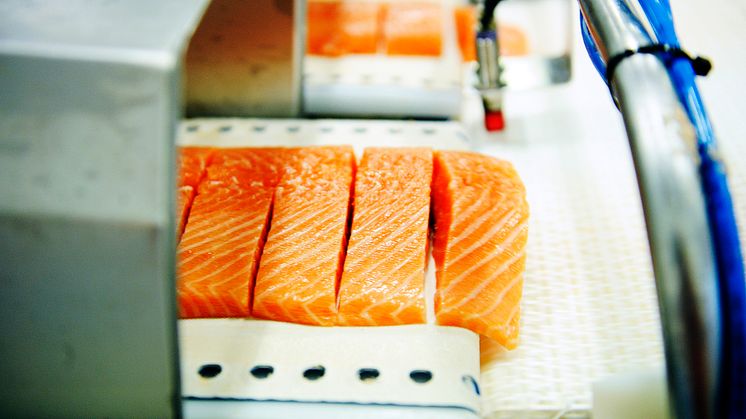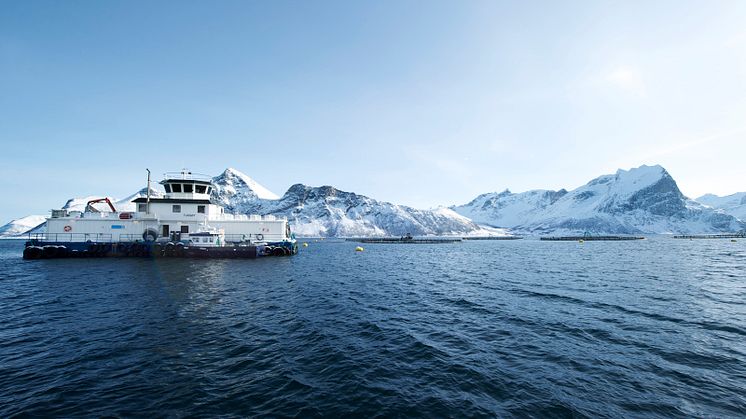
News -
Norwegian salmon sets higher standard for sustainable feed
Norwegian salmon farmers are always striving to raise the bar on sourcing the highest quality, nutritious and sustainable feed.
Whilst Norwegian salmon has been fed purely certifiably non-deforestation grown soya for years, the industry has joined forces using their market power to drive broader change and end the trade of deforestation soya to other industries.
This year, the industry has successfully pushed for bold changes in the supply chains for soya, one of the most important vegetable components of salmon feed as well as other animal protein production. Earlier this year, all the Brazilian soy suppliers to the Norwegian salmon farming industry announced implementation of a 100 percent deforestation and conversion free soybean value chain with 2020 as their cut-off date. This means no soy grown on land deforested after this date will be traded.
As a result, the soy fed to Norwegian salmon is not only certified, but also supplied by Brazilian vendors with 100 percent deforestation and conversion free soybean value chains.
“This move is one important step towards more sustainable global food systems and shows the Norwegian salmon industry together with their partners leading the way with their influence and market power,” says CEO at the Norwegian Seafood Council, Renate Larsen.
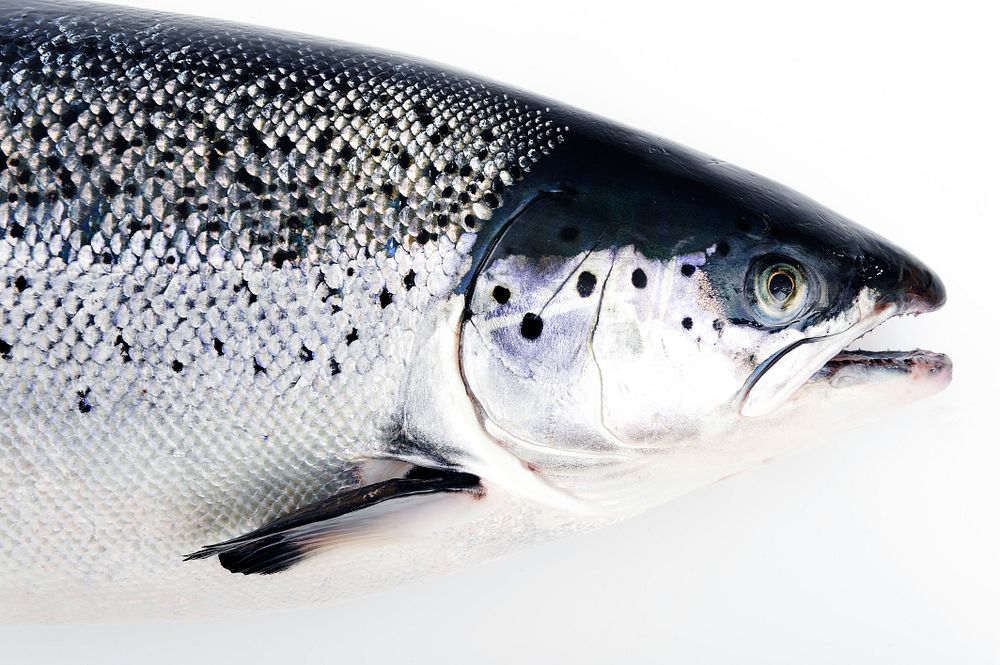
Healthy appetite for sustainable salmon feed
The salmon feed industry has been going through major developments in recent years, moving from feeds high in marine ingredients to a more vegetable-based diet, and in recent years also increasingly introducing novel yet highly nutritious ingredients from algae and insects. Providing the growing salmon a diet rich in nutrients, and at the same time ensuring the raw materials going into the feed are responsibly sourced, has been a growing focus for the Norwegian salmon industry.
Norwegian salmon feed is already completely non-GMO, free from antibiotics, and marine ingredients are sourced from certifiably sustainable sources and strictly controlled for any unwanted substances.
“The sustainability credentials of Norwegian salmon are many and well documented, with Norwegian salmon companies ranking top three years running on the list over the world’s most sustainable protein producers, the Coller FAIRR report. Working with their soy producers in Brazil to end the deforestation practises still rife in other areas of the protein producing industry represents another major leap towards more responsible protein production,” says Larsen.
Read more about the Coller FAIRR index.
Leading the way for other proteins
“The Brazilian soy suppliers and the Norwegian salmon industry show true leadership and sets the new bar for sustainable supply chains. This historic commitment by their Brazilian soy suppliers will be a game changer for the sustainability standard for global supply chains. Global pork, poultry and beef producers are lagging behind, by still allowing deforestation in their supply chain. To stop being complicit in deforestation, the meat industry must follow suit and require their suppliers to become fully deforestation-free,” said Ida Breckan Claudi at the Rainforest Foundation Norway.
According to the press release announcing the commitment, it is the first time an animal protein industry has set such a voluntary and sector wide benchmark, and they are hoping to inspire other global protein industries to follow in their footsteps.
All the producers in Brazil who supply soy to the Norwegian salmon industry have committed to the cut-off, which was set for August 2020. Together with the sustainability owner ProTerra and WWF Brazil, the soy suppliers have agreed on a robust monitoring, reporting and verification system to implement and enforce their commitment to zero deforestation.
“The PRI welcomes the salmon sector’s voluntary commitment, which sets an encouraging precedent for other industries reliant on soy to make their supply chains deforestation and conversion free,” said Gemma James, Head of Environmental Issues at the United Nations Principles of Responsible Investments (UN PRI).

